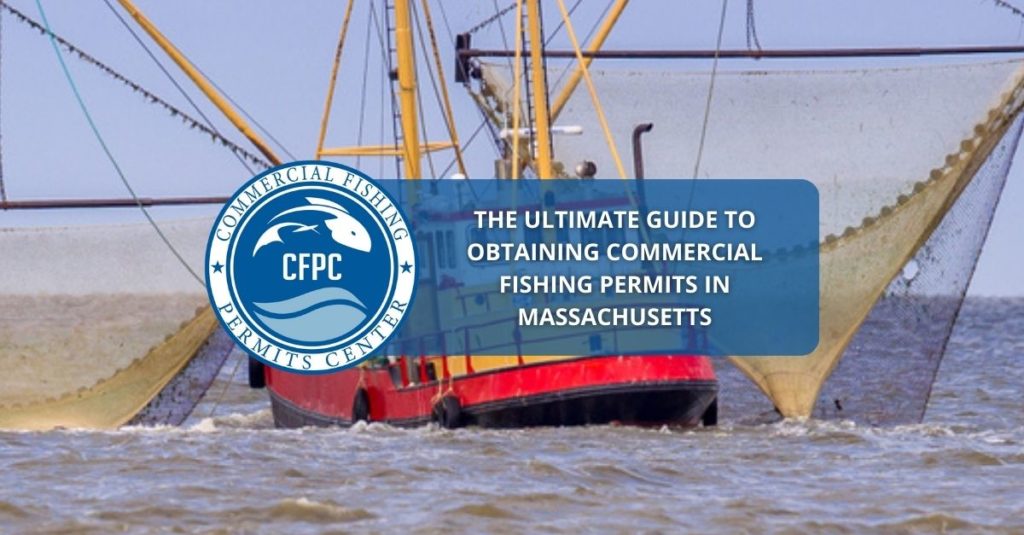Commercial fishing is an important industry for the state of Massachusetts. With over 2,500 miles of coastline, the state provides a large variety of fishing opportunities for fishermen and fisher businesses. However, fishing in Massachusetts waters requires commercial fishing permits. Obtaining a commercial fishing permit can be a daunting process, but it is a necessary step if you want to operate legally and provide seafood to your customers. In this blog post, we will guide you through the requirements and procedures for obtaining commercial fishing permits in Massachusetts.
Types of Permits:
There are several types of commercial fishing permits that you may need to operate in Massachusetts waters. These permits include Lobster, Crab, Scallop, Clam, and Quahog permits. Each permit has unique requirements and restrictions, such as catch limits, size restrictions, and use of certain fishing gear. For example, if you want to harvest lobsters, you will need a Lobster Permit that allows you to use lobster traps and pots. To determine which permits you need, research the regulatory agency in charge of governing your species of interest, which leads us to the next point.
Regulatory Agencies:
The Massachusetts Division of Marine Fisheries is responsible for managing and regulating commercial fishing in the state. You will need to contact the Division to determine which permits you need, and to obtain application forms. The Division has offices throughout the state, so you can choose which one is closest to you. Once you have decided which permits you need, make sure to follow the specific application instructions provided by the regulatory agency.
Qualification Requirements:
To qualify for a commercial fishing permit in Massachusetts, you will need to meet certain requirements. These requirements vary depending on the type of permit you are applying for. Generally, you must be at least 18 years old, a United States citizen or legal resident, and possess a valid state driver’s license. The Division of Marine Fisheries may also require you to have experience in commercial fishing, and provide proof of insurance. Make sure to review the specific qualification requirements for the permit(s) you are interested in.
Application Process:
The application process for commercial fishing permits in Massachusetts typically involves several steps. First, you will need to complete the appropriate application forms, including any required permits or certifications. You may also need to provide documentation, such as proof of citizenship or insurance. Once your application is received, it will be reviewed by the Division of Marine Fisheries. Depending on the type of permit, you may also need to pass a written exam or participate in a training program.
Renewals and Transfers:
Once you have obtained your commercial fishing permit, it is important to keep it up to date and in good standing. Permits typically expire annually, and must be renewed. You will need to submit a renewal application and pay any associated fees. In addition, if you want to sell or transfer your permit to another fisherman, you will need to follow the specific process for transfer as outlined by the Division of Marine Fisheries.

The Commercial Fishing Permit in Massachusetts You Need
Obtaining a commercial fishing permit in Massachusetts is a necessary step for fishermen and fisher businesses who want to operate legally and responsibly in state waters. Understanding the types of permits, regulatory agencies, qualification requirements, application process, and renewal and transfer procedures is critical to ensuring you obtain and maintain your commercial fishing permit(s) in good standing. Make sure to research and follow all regulations and requirements to protect your business and the ocean’s resources. Good luck and happy fishing!


No Comments
Be the first to start a conversation